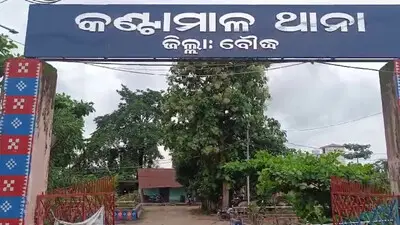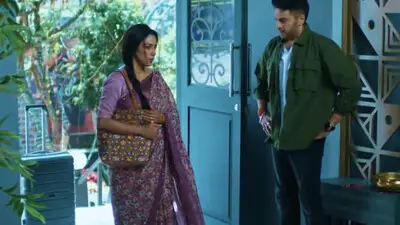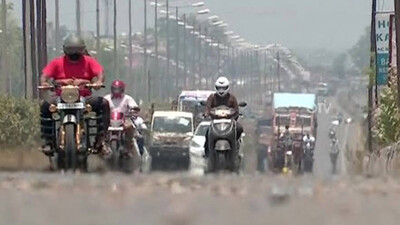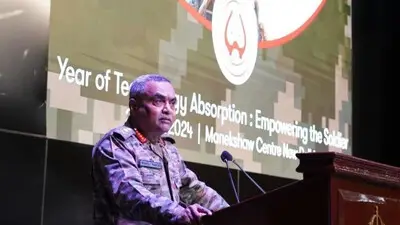Recommended Stories
Salve, a senior lawyer, said reporting of important cases sometimes has a "chilling effect" on the conduct of court proceedings. He replied in the affirmative to a suggestion of the bench headed by Chief Justice S H Kapadia that "can`t we lay down the contours for Article 19 (dealing with freedom of speech and expression which also includes press freedom) and Article 21 (Right to life and liberty) to balance both the rights guranteed under the Constitution."
He supported the view for general guidelines on coverage of court proceedings, particularly in view of the principle of right to privacy and for protection of reputation of citizens by virtue of Article 21. "Your lordship has a duty to act in protection of the rights of the citizens under Article 21," he told the bench, also comprising justices D K Jain, S S Nijjar, Ranjana Prakash Desai and J S Khehar.
The senior advocate gave examples of reporting in the Vodafone tax matter, Aarushi Talwar murder case and gas dispute between Ambani brothers in which he personally argued, to stress that it is necessary in public interest for this court to enunciate, with clarity and precision, the degree of immunity enjoyed by the media against action for libel.
Salve`s submission was in contrast to others including senior advocate Ram Jethmalani, who said "this court should be well advised not to frame guidelines" as it will not improve the situation. The Indian Newspaper Society, which was represented by senior advocate Parag Tripathi, was also opposed to general guidelines and said "injunction from publishing court proceedings should be exercised in the rarest of rare cases" as there is no constitutional remedy in this regard.
Like Jethamalani, the INS counsel was also of the opinion that contempt law could be applied in cases of wrong doing. Salve, who commenced his arguments after Jethmalani and Tripathi, said it is not not suggested that the media is to be excluded from court proceedings. But, he said, it has to be recognized that a court has the power, in appropriate cases, to exclude the media from the hearing or to direct the media to refrain from publishing a particular matter or from publishing in a particular manner.
He said it has to be kept in mind that "rule of law has to be protected extensively" while dealing with press freedom and scurrilous contents have to be guarded from publication. "The balance between the conduct of court proceedings in an atmosphere that is neither surcharged nor vitiated - a necessary concomitant of the rule of law - and the freedom of the media is a question of constitutional law that needs to be addressed," he submitted.












